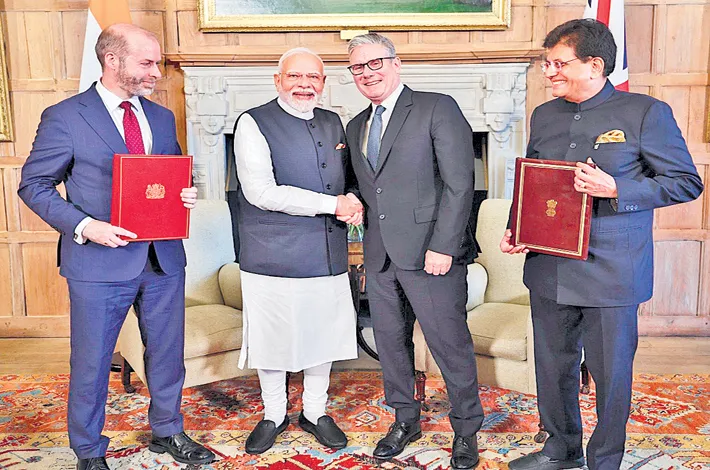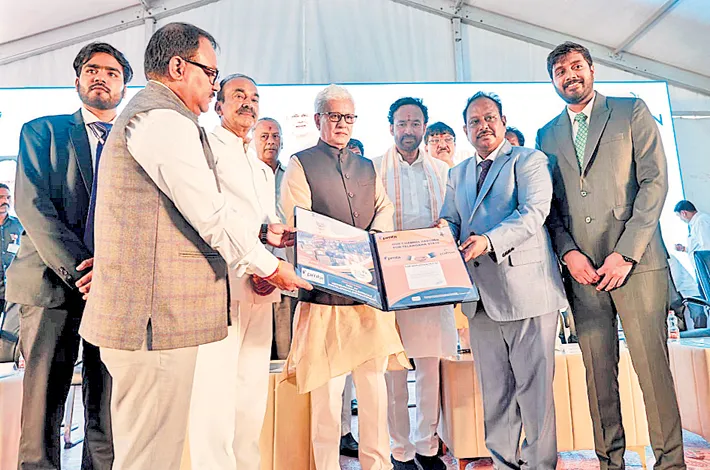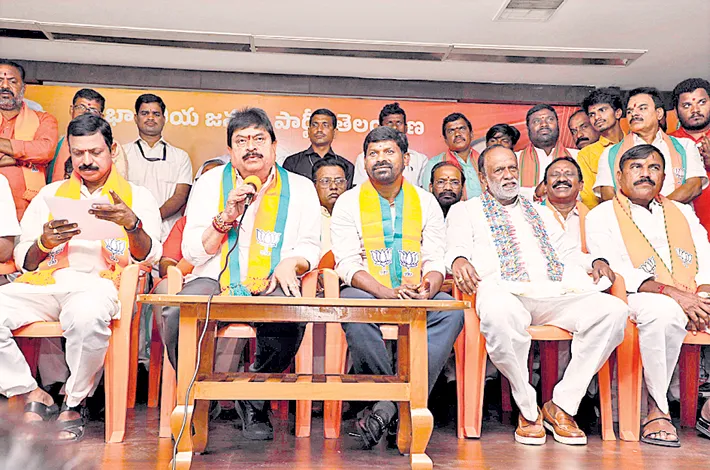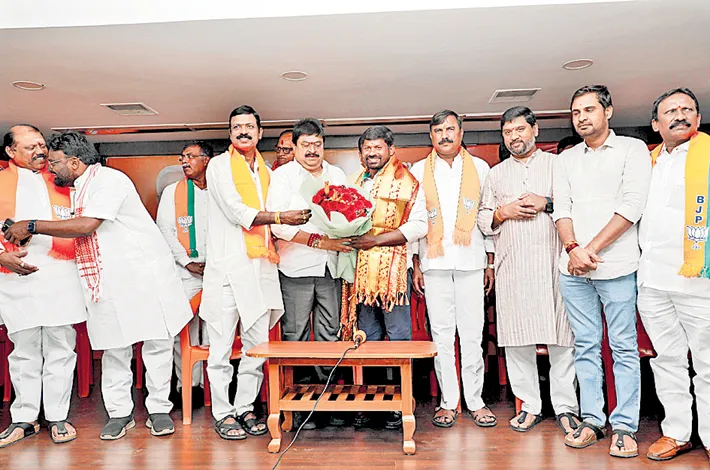India-UK Free Trade Agreement a game changer?
25-07-2025 12:00:00 AM

Trade or hype
- Key members of the UK-India Business Council pointed out the deal’s flexibility to adapt to future technological and economic developments.
- The deal, which took over three years and nearly 20 rounds of negotiations, is seen as a strategic response to global trade uncertainties, particularly amid tariff concerns emanating from Washington.
- Prime Minister Narendra Modi’s visit to UK resulted in the signing of Free Trade Agreement (FTA) aimed at doubling bilateral trade to $120 billion by 2030.
- This is India’s first FTA with a western nation and the UK’s third largest post-Brexit trade agreement after agreements with Japan and Australia.
- UK Prime Minister Keir Starmer hailed the agreement as a “major win” for jobs and growth, announcing nearly £6 billion in new investments and export opportunities.
- Key highlights include enhanced digital data protection, increased labour mobility, and a double contribution convention allowing a three-year social security break for professionals.
Indian Prime Minister Narendra Modi’s historic visit to the United Kingdom has culminated in the signing of a landmark Free Trade Agreement (FTA), marking a significant milestone in Indo-British relations. The agreement, aimed at doubling bilateral trade to $120 billion by 2030, is set to enhance economic partnerships, foster prosperity, and create jobs in both nations.
Experts described the deal as a record-breaking milestone, marking India’s first FTA with a Western nation and the UK’s largest post-Brexit trade agreement after Japan and Australia. The FTA, encompassing 26 chapters, is designed to boost bilateral trade by £28 billion over the next decade, with 90% of UK goods gaining duty-free access to India and 99% of Indian goods entering the UK tariff-free. Key highlights include enhanced digital data protection, increased labour mobility, and a double contribution convention allowing a three-year social security break for professionals.
The agreement also opens India’s £38 billion public procurement market to UK companies, while Indian businesses gain easier access to the UK market, particularly in textiles, pharmaceuticals, and footwear.
UK Prime Minister Keir Starmer hailed the agreement as a “major win” for jobs and growth, announcing nearly £6 billion in new investments and export opportunities as Indian firms expand in the UK and British companies secure prospects in India. The agreement, finalized in May, awaits ratification by the British Parliament and approval from India’s cabinet, with implementation expected within a year. “This is a platform, not a ceiling,” said a member of the UK-India Business Council, emphasizing the deal’s flexibility to adapt to future technological and economic developments.
The agreement excludes certain areas, such as a bilateral investment treaty and specific social security provisions, which will be addressed separately, ensuring a focused approach to mutual strengths. The deal, which took over three years and nearly 20 rounds of negotiations, is seen as a strategic response to global trade uncertainties, particularly amid tariff concerns emanating from Washington. “This is a political statement to the world,” one entrepreneur noted, highlighting the timing of the agreement as a signal of trust and partnership between London and New Delhi. The presence of India’s Prime Minister to sign the deal shortly after its conclusion underscores its significance. For businesses, the FTA promises tangible benefits, though experts caution that its impact will unfold gradually.
“The timeline for benefits like accessing India’s procurement market will take years,” said another Indo-UK entrepreneur, noting that visible changes, such as more “Made in India” products on UK high streets and British luxury goods in India’s tier-two cities, will drive public awareness.
Indian companies, already significant investors in the UK with nearly 1,200 firms employing 126,000 people and generating £72 billion in turnover, are poised to expand further. Challenges remain, particularly in agriculture, which India has excluded due to its agrarian economy, and in the mutual recognition of professional qualifications for architects, lawyers, and accountants. However, opportunities in sectors like higher education, with UK universities like Southampton and Liverpool establishing campuses in India, signal a shift toward accessible knowledge exchange.
The business community in the US is watching closely, with some expressing envy at the deal’s scope, particularly the lack of a subsidiary requirement for UK firms operating in India. “It’s a deal built on trust,” said an entrepreneur with interests in the US, noting that American businesses are considering UK-based operations to leverage access to India. As the agreement awaits ratification, experts urge both governments to educate small and medium enterprises about its opportunities. “The work starts now,” said an Indo-UK business tracker. With optimism tempered by a call for proactive implementation, the FTA is poised to redefine India-UK relations, fostering a dynamic partnership that could set a global precedent for strategic, trust-based trade agreements.








